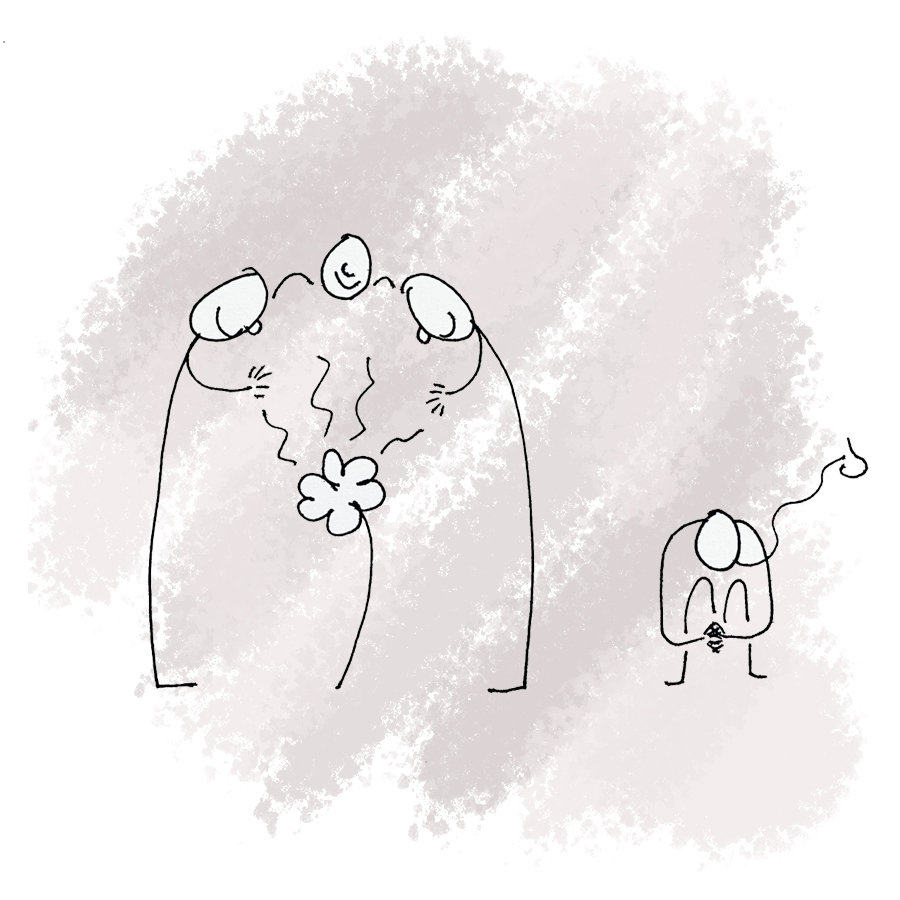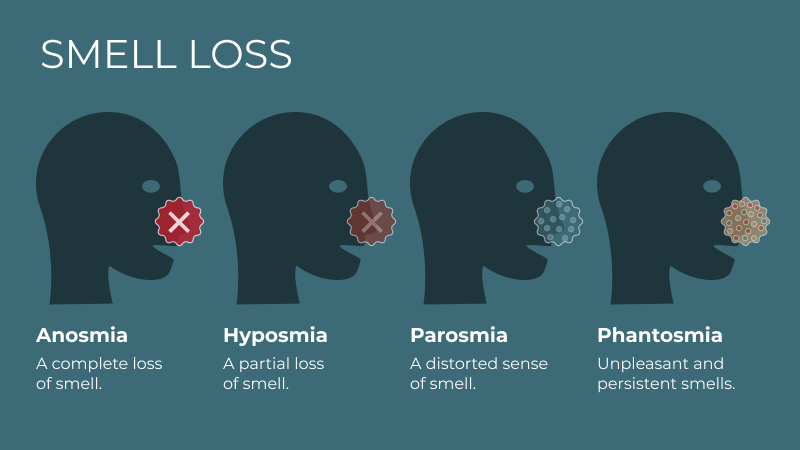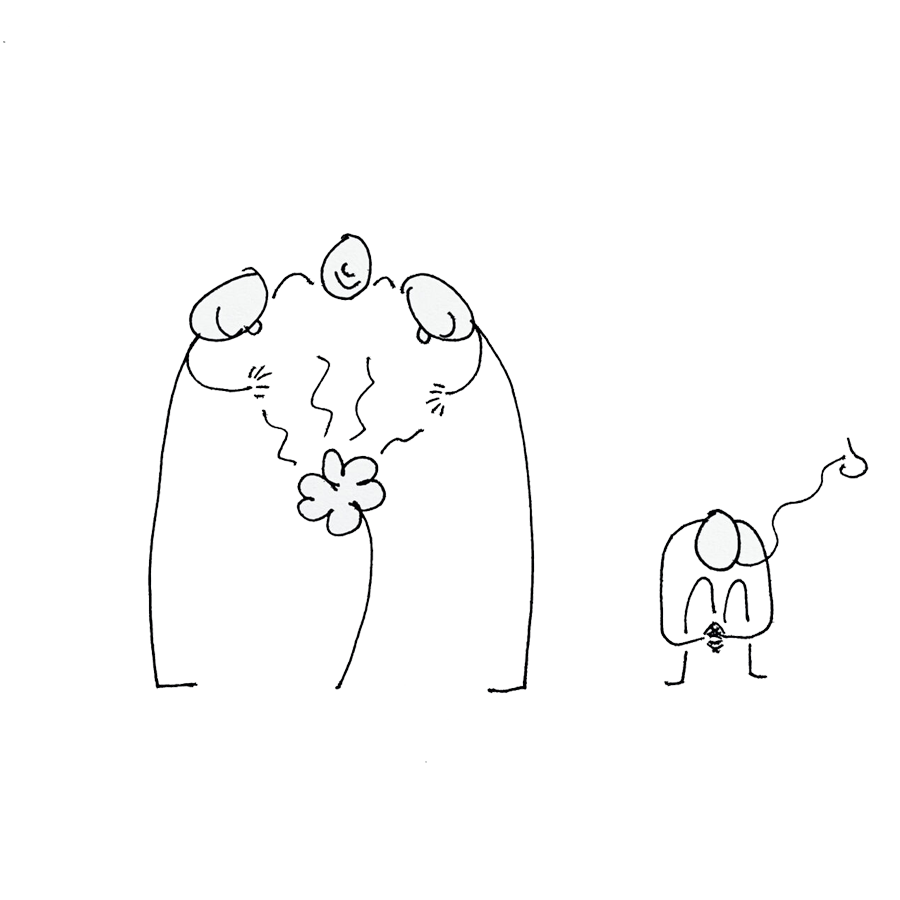Loss of Smell

For the last three years, Covid long haulers have had to become their own advocates and researchers as they lobby for recognition, funding and proper healthcare. Their knowledge has been hard-won against a backdrop of sickness. They’ve pushed through symptoms that ravaged their previously able-bodies and become the experts of their own disease.
That is why we decided that all the symptoms on this website should be written by patients, for patients. As our co-founder Jenene Crossan says “They poured their hearts, their souls and their deep determination to find just enough energy to put their experiences down for others to benefit from”.
Although we do not intend to give medical advice, the articles have been fact-checked by a wonderful doctor who is suffering from Long Covid too.
About the author
I was 34 when I caught Covid-19 in mid-2022. Before the pandemic, my life consisted of being a mother, part-time study, full-time mahi | work and going to the gym.
Life changed dramatically when I developed Kowheori Roa | Long Covid. Fatigue replaced gym workouts and brain fog replaced academic study. It didn’t take my kids long to figure out I was saying yes to much more TV and PlayStation than ever before!
Some days I can’t get off the couch. Folding the washing makes me breathless. I continuously worry about keeping my job, and my career progression.
– Female, Pacific/European/Indian, Tāmaki Makaurau/Auckland
One of the most harrowing aspects of Long Covid is losing my sense of smell. So much of life’s joy is centred around this sense. The smell of freshly cut grass, a bunch of roses and a whiff of a perfume can instantly transport you to powerful memories. I am now isolated from so many moments because I can’t smell.


DISCLAIMER: THIS WEBSITE DOES NOT PROVIDE MEDICAL ADVICE
Content shared on this website is for informational purposes only. It should not be taken as a substitute for professional medical advice. Always seek the advice of a qualified healthcare professional regarding a medical condition, diagnosis or possible treatments. Long Covid Support Aotearoa is not liable for risks associated with using or acting upon the information provided on this website.
